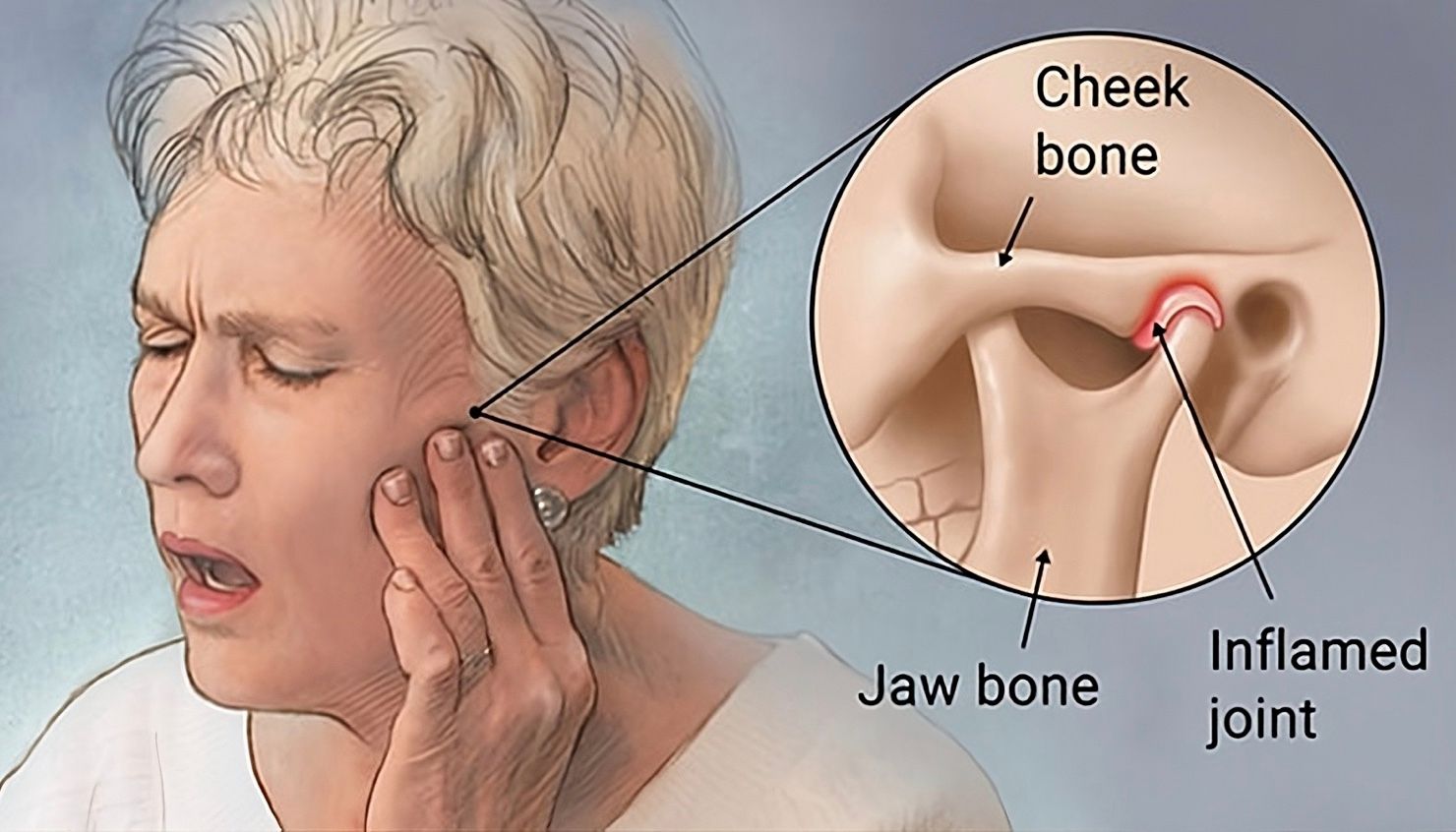TMJ
Temporomandibular joint (TMJ) disorder, also known as TMD, is a condition that affects the temporomandibular joint, which is the joint that connects the jawbone to the skull. TMJ disorders can cause pain and dysfunction in the jaw joint and surrounding muscles, leading to a range of symptoms that can vary in severity and duration.

Simple tooth extraction is usually a relatively quick and straightforward procedure, and patients can often resume normal activities shortly afterward. However, it's essential to follow any post-operative instructions provided by your dentist to ensure proper healing and minimize the risk of complications.
Jaw pain or tenderness
Difficulty or discomfort when chewing
Clicking or popping sounds
Locking of the jaw
Muscle stiffness or fatigue
Ear pain or ringing in the ears

The exact cause of TMJ disorder is often multifactorial and may involve a combination of factors such as jaw misalignment, muscle tension or dysfunction, arthritis, trauma or injury to the jaw, teeth grinding or clenching (bruxism), stress, or genetic predisposition.